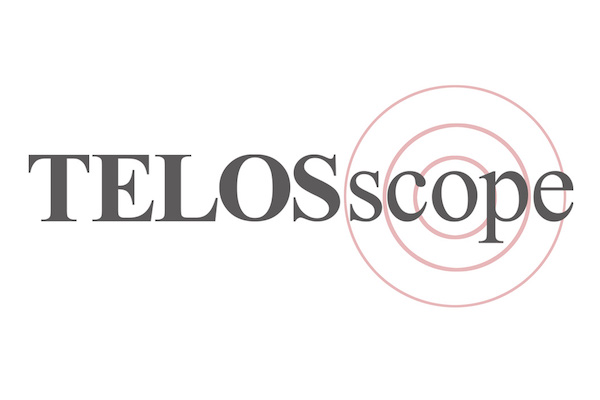On today’s episode of the Telos-Paul Piccone Institute podcast, TPPI’s Mark G. E. Kelly, organizer of the 2024 Telos conference on “Democracy Today?,” speaks with Salvator Babones of the University of Sydney about democracy in India, asking him in particular about his sympathetic reading of the Bharatiya Janata Party (BJP) of Prime Minister Narendra Modi. The podcast is available in both video and audio-only formats.
|
As much as war has become automated and mechanized, the subjective experience of the horror of war remains central to its meaning today. Russia, through its intentional bombing of civilians, and Hamas, with its massacres, have both sought to manipulate personal experience by terrorizing their enemies to achieve their war aims. Such tactics have also become the basis of their rule, in which they use fear to intimidate domestic political opponents to maintain their power. While they seek to create fear, the response of Ukrainians and Israelis alike has been to respond to subjective horror with the courage to maintain resistance while also affirming their values. War continues to be grounded in the way in which the participants’ most personal experiences can create a unified political will.
Once on the bus, the conversation quickly turned to our musings on the war and the future of the region. As those who attended were quite knowledgeable, it was a pleasure to listen to their erudite analysis. Conversation quickly subsided once we drove past the area in which the cars from the Nova party were parked. The enthusiastic conversation died down, and everyone looked slack-jawed upon the cenotaph. The rest of the journey was quieter. Upon arriving at the Kibbutz, there was a palpable change in mood from when we had first departed. Though faces of those in attendance were concealed by the benches on the bus throughout the journey, it was now clear that their expressions had hardened. We donned our vests and helmets, and set out.
And then, it turned out that we were not so safe over here. Within days—within hours, actually—the antisemitic impulses that had been hiding in American culture started to come out in the open. That wave hit the Modern Language Association, where it was framed as progressive. First, the boundaries of the debate about Israel moved. Before October, there was pressure to scorn Israel through boycotts, and to portray Israel as a colonial or apartheid state. What was a debate turned into a denunciation. October 7, for some, rapidly became background noise to what they see as a need for an immediate ceasefire. Israel’s actions could easily be understood as self-defense, but there are some who contend that those actions can only be understood as an act of vengeance. |
||||
|
Telos Press Publishing · PO Box 811 · Candor, NY 13743 · Phone: 212-228-6479 Privacy Policy · Data Protection Copyright © 2025 Telos Press Publishing · All Rights Reserved |
||||




